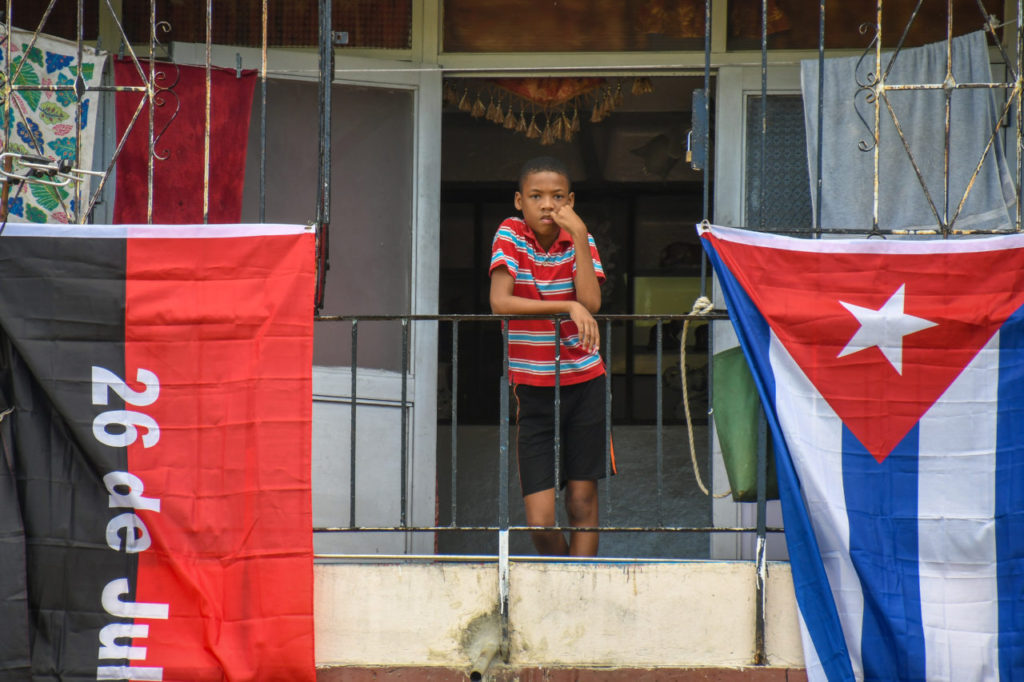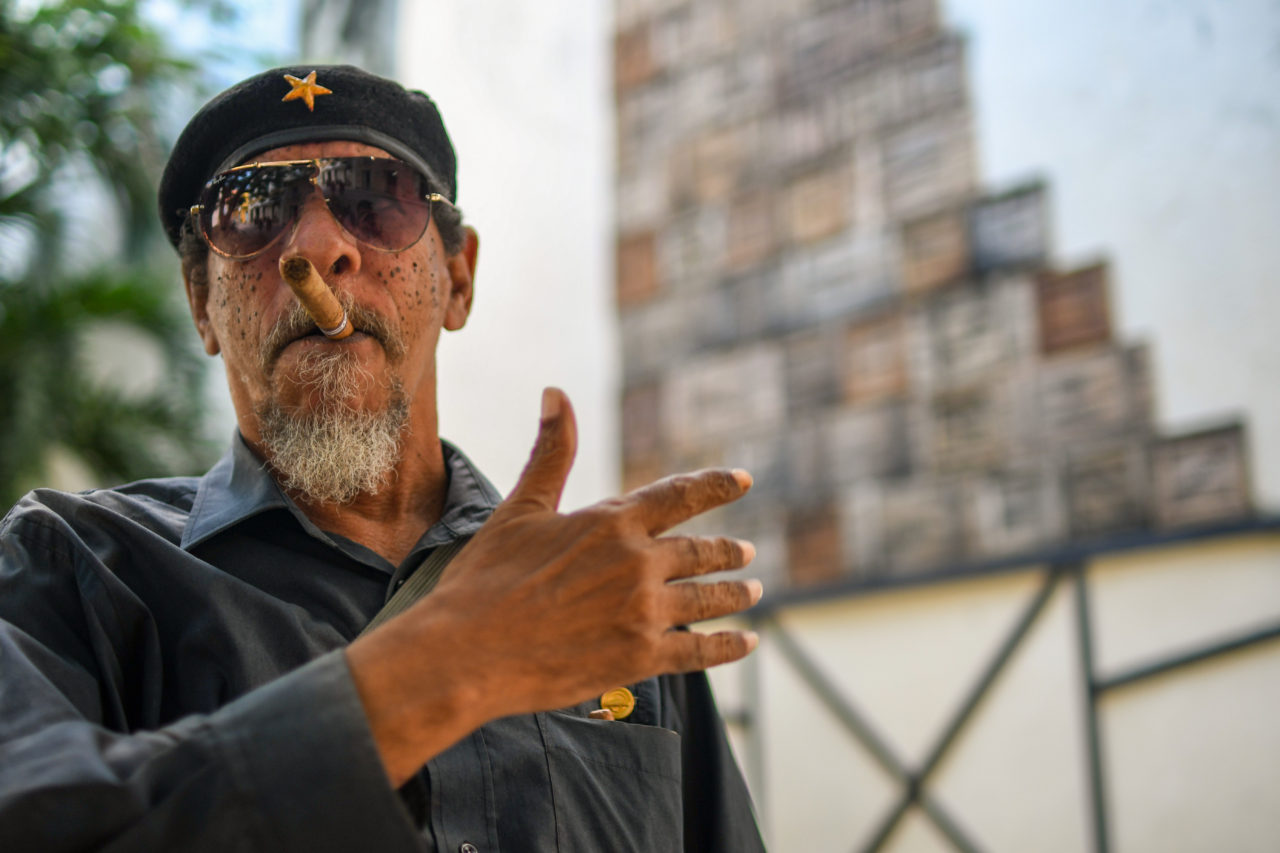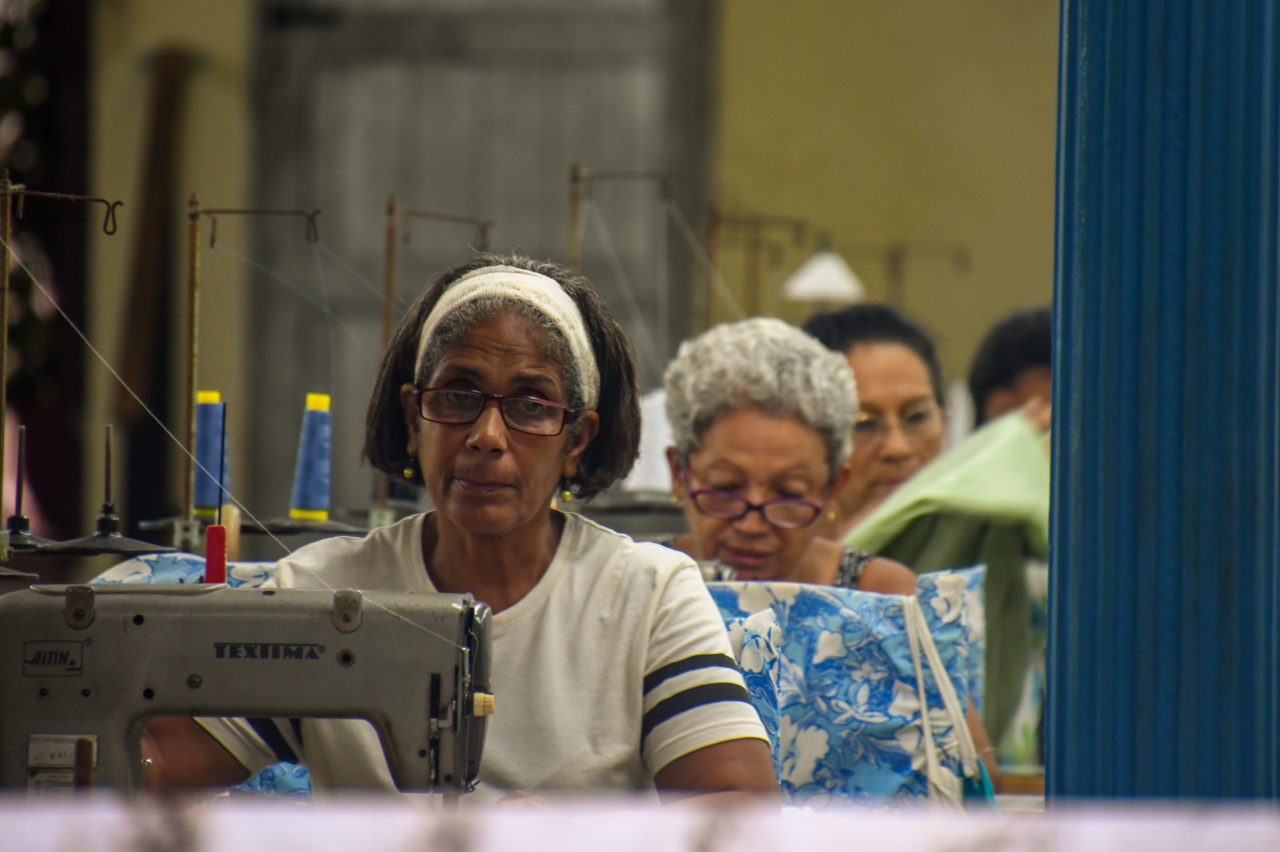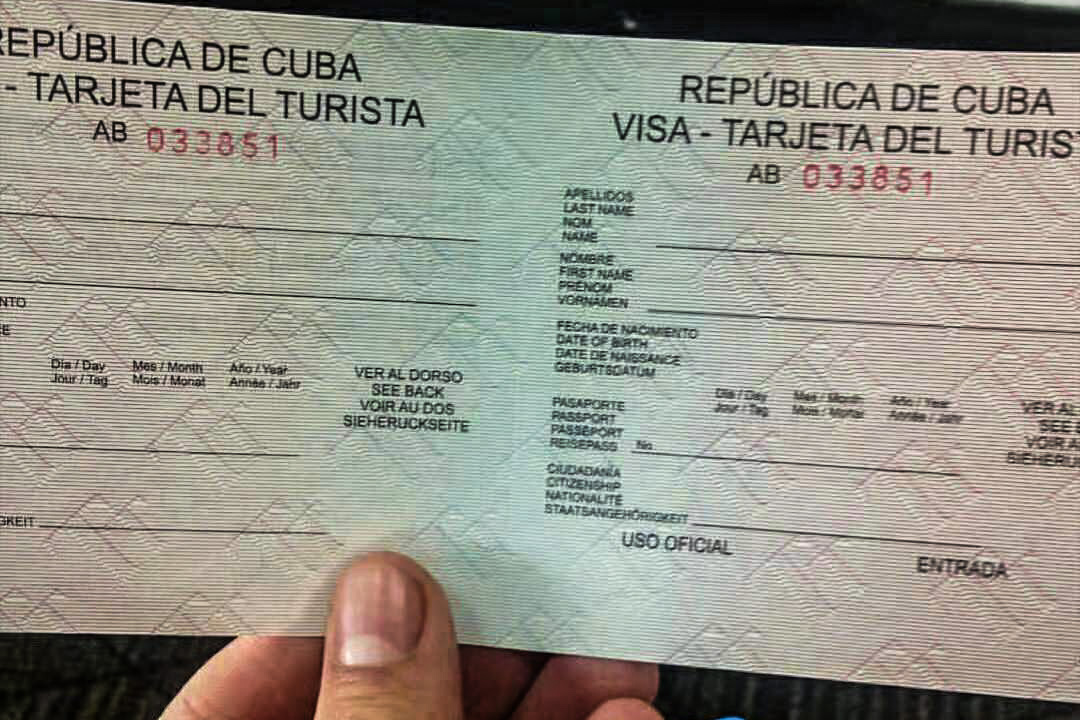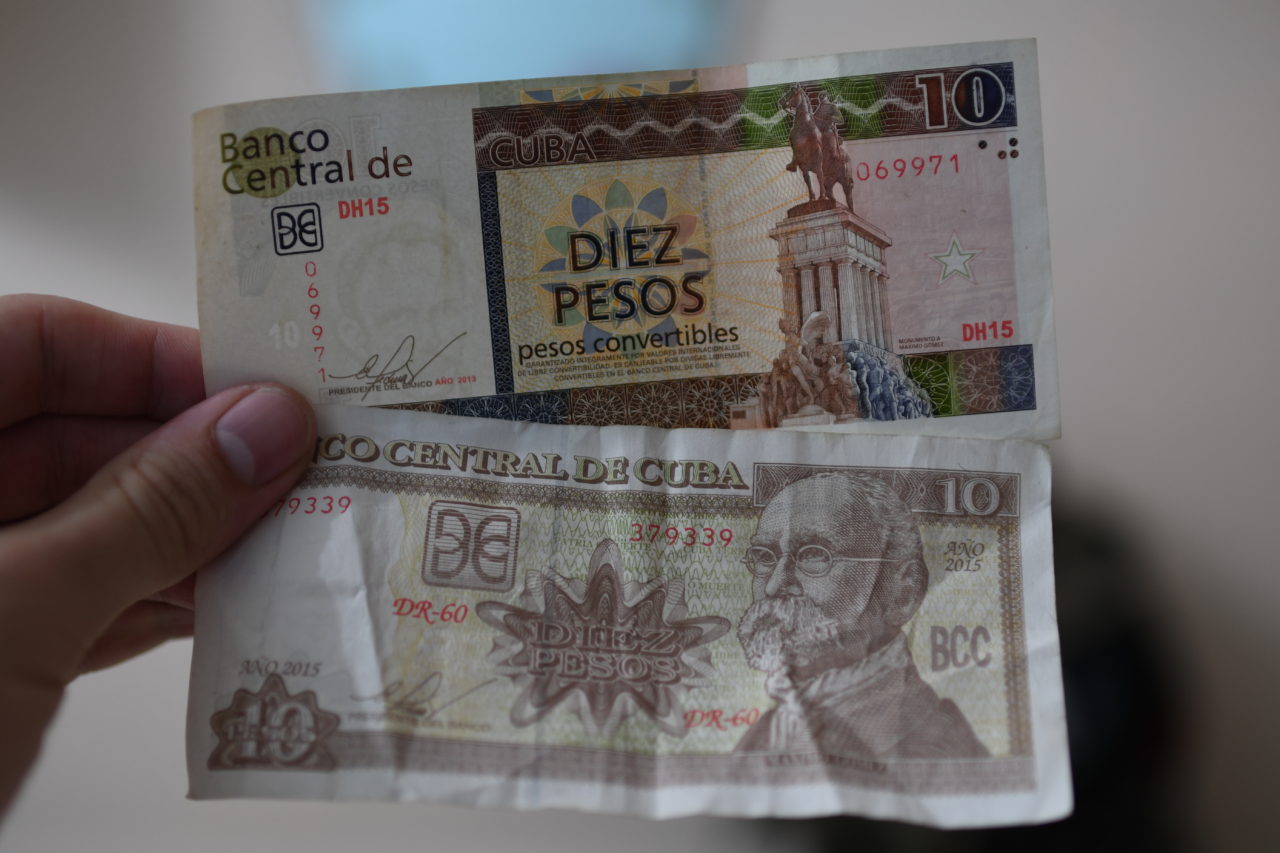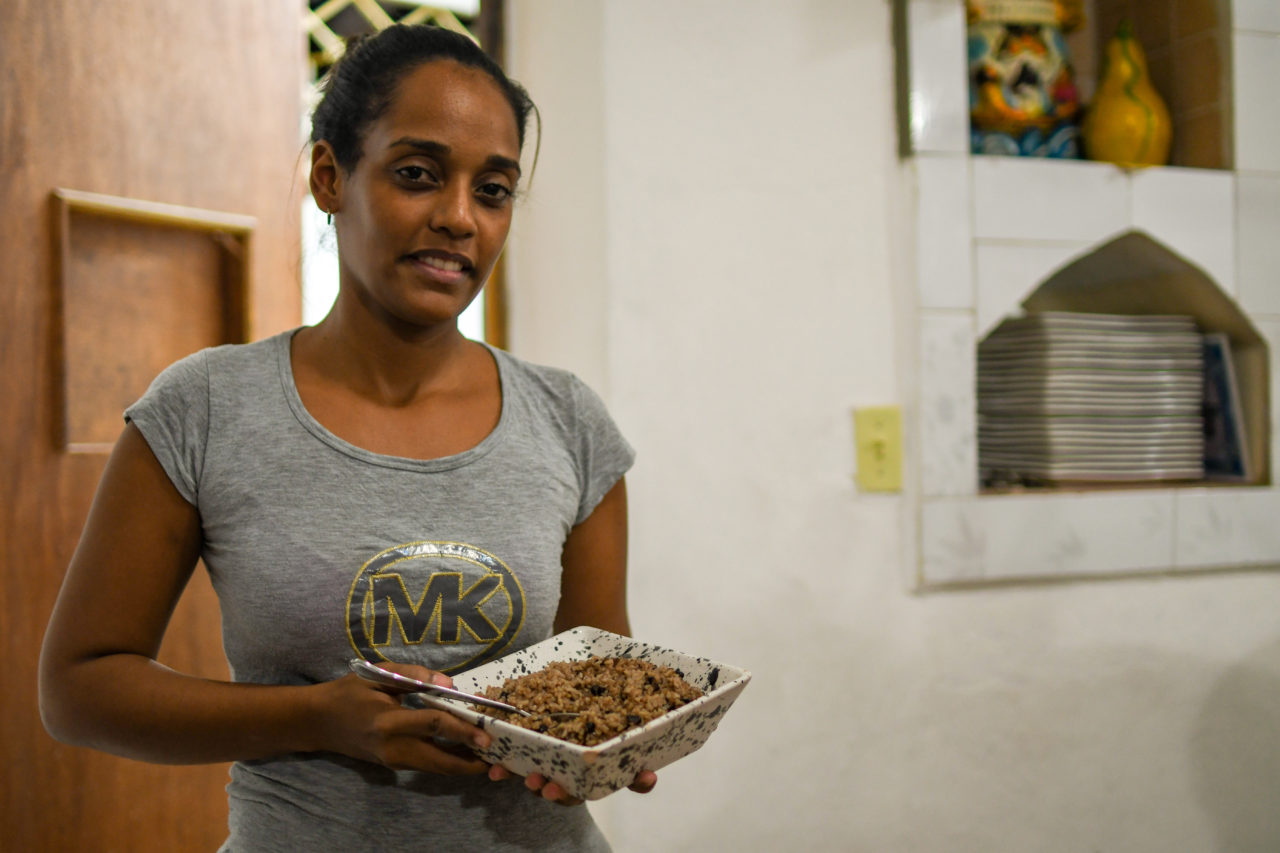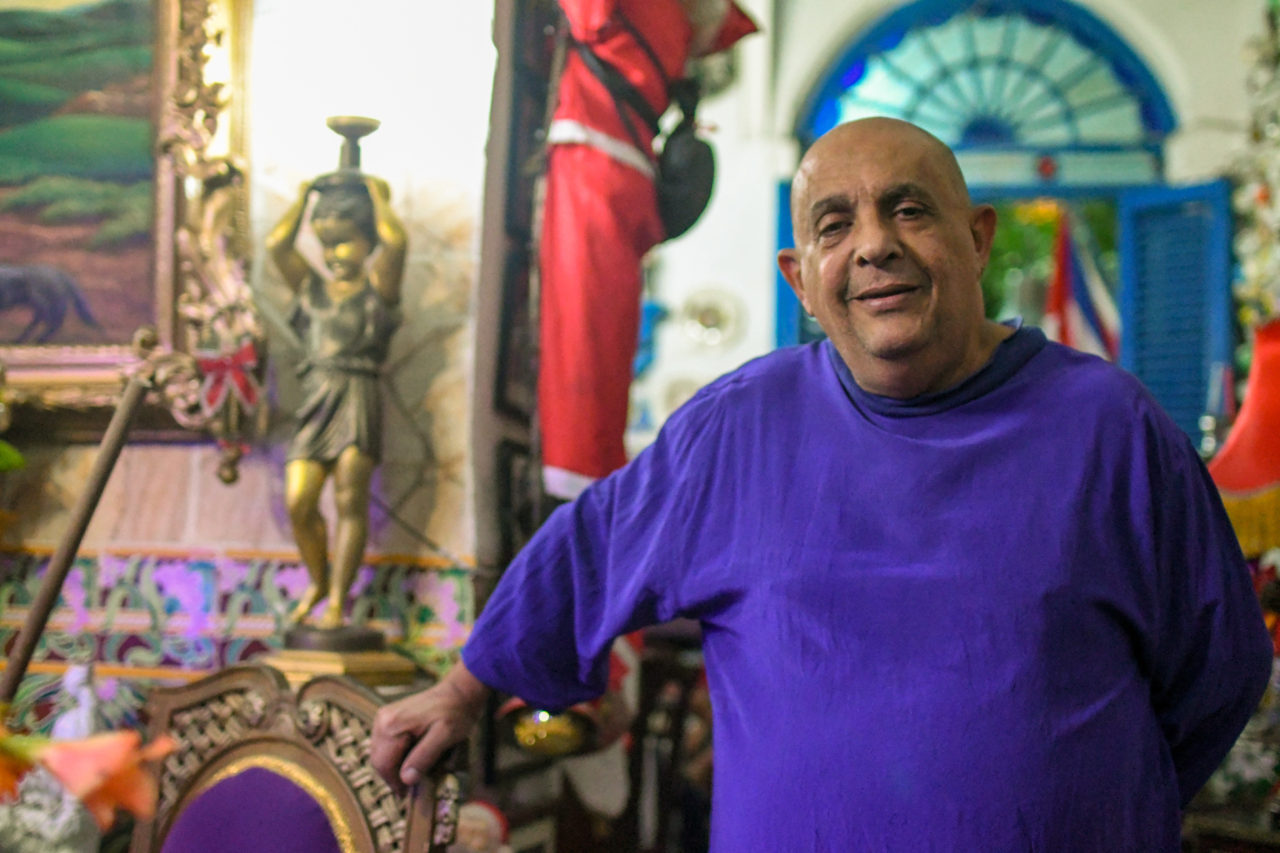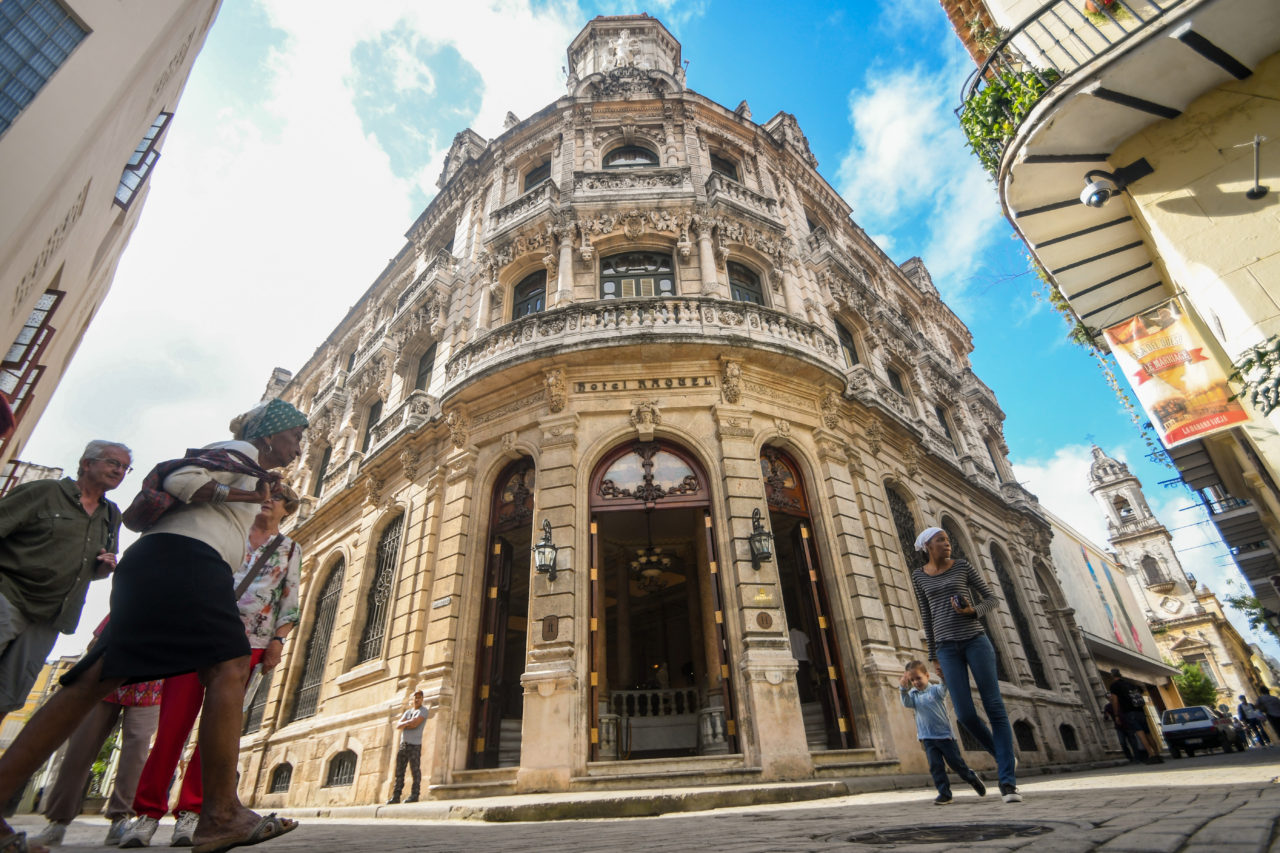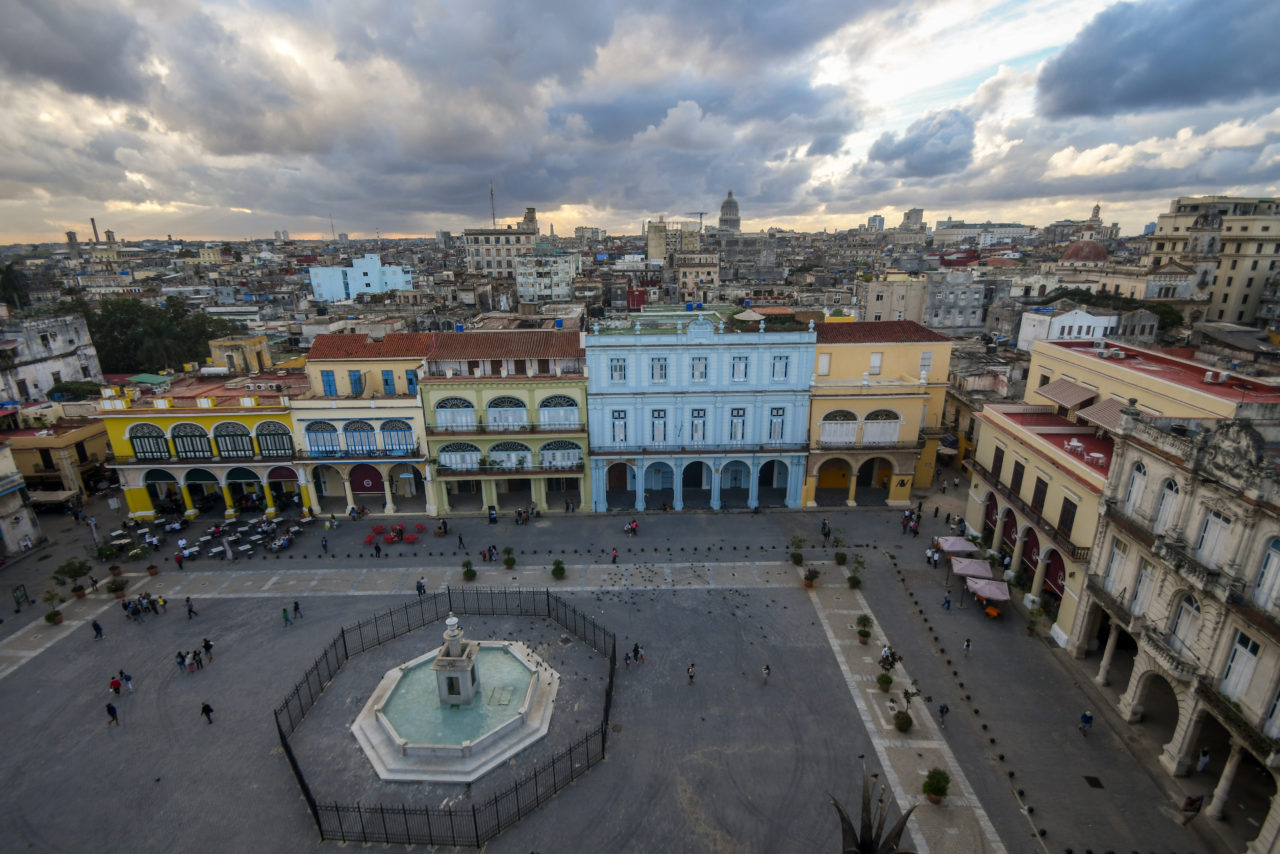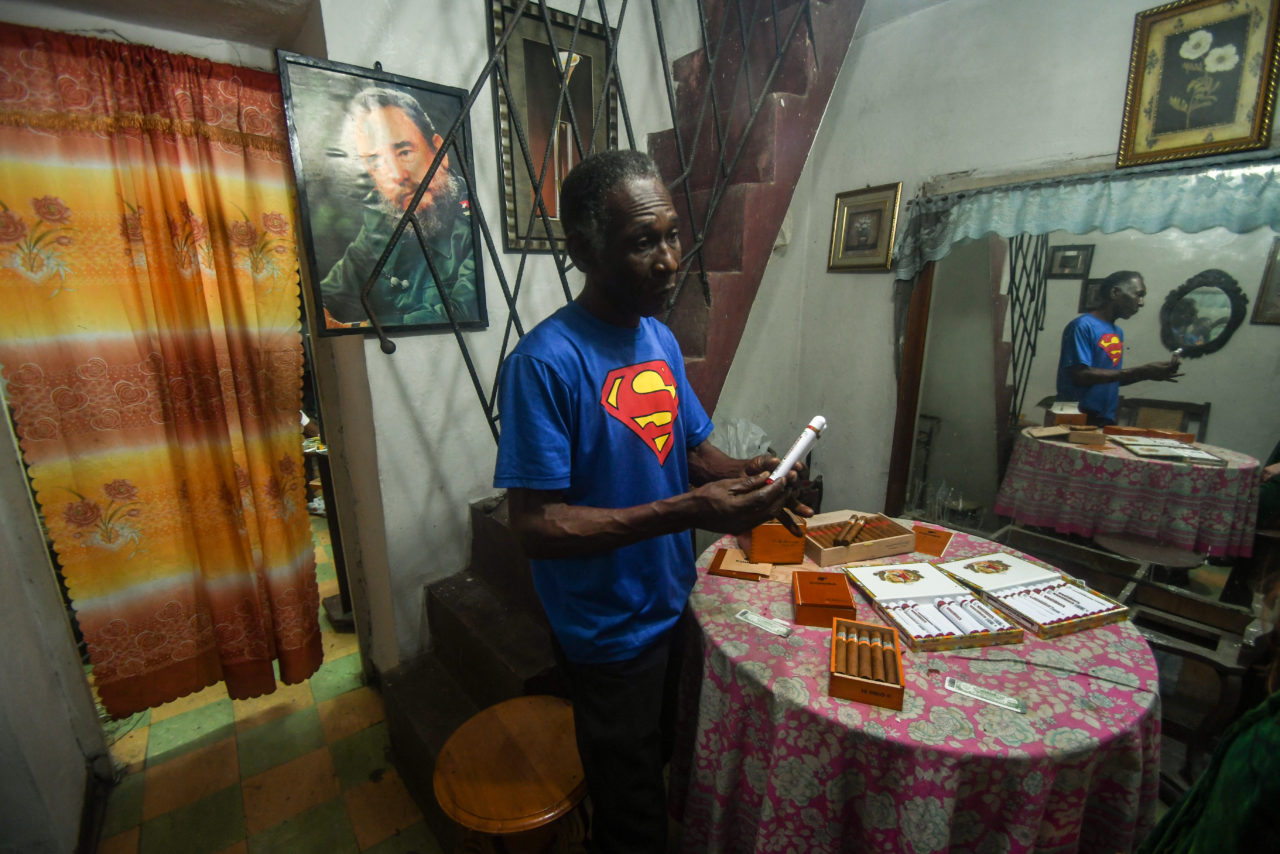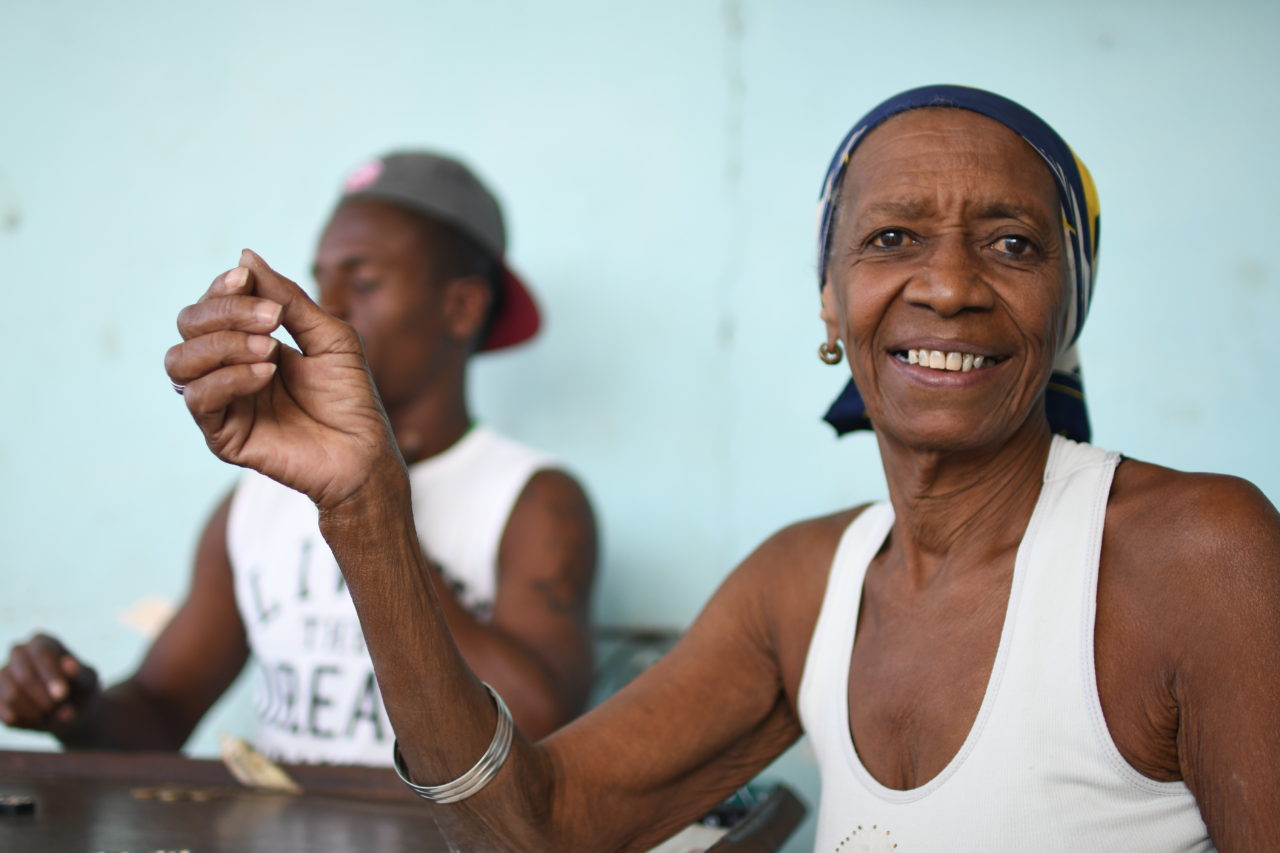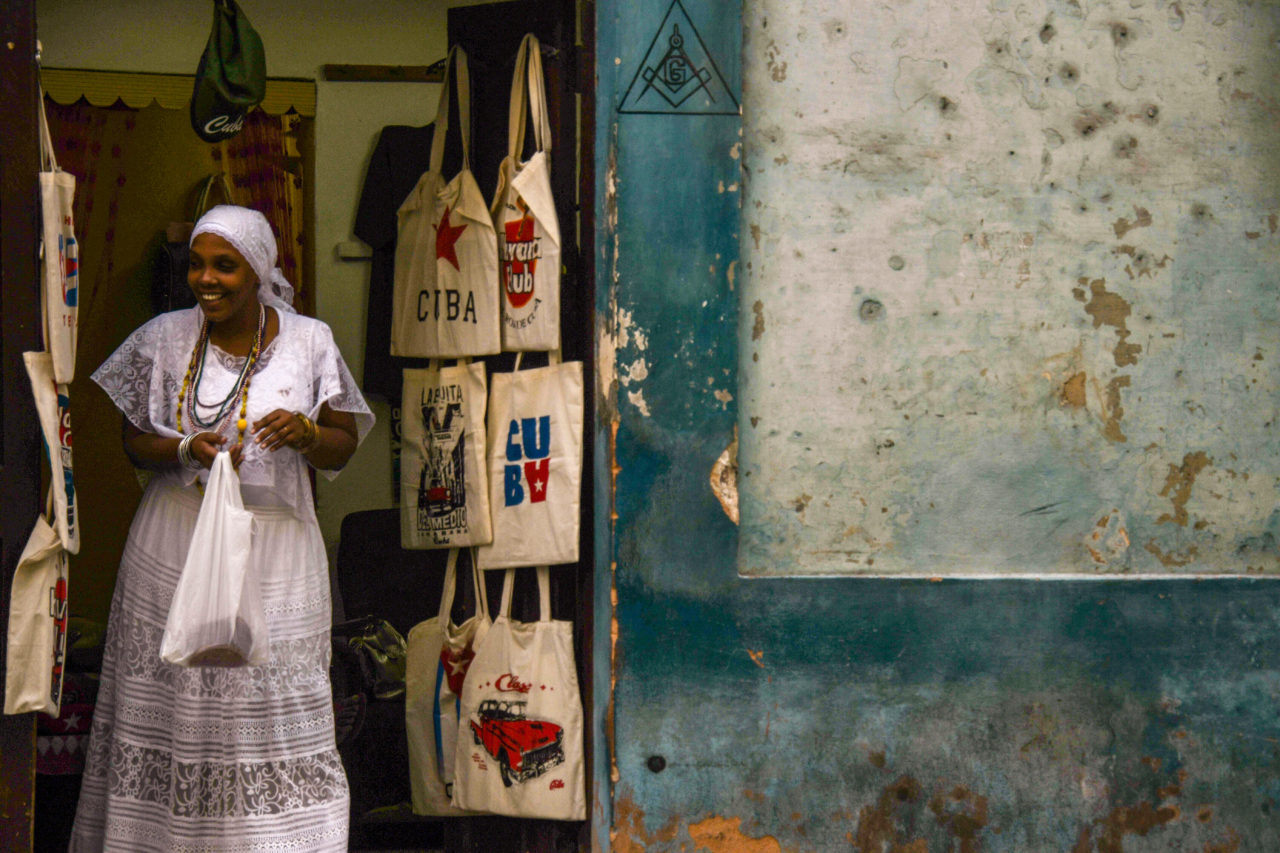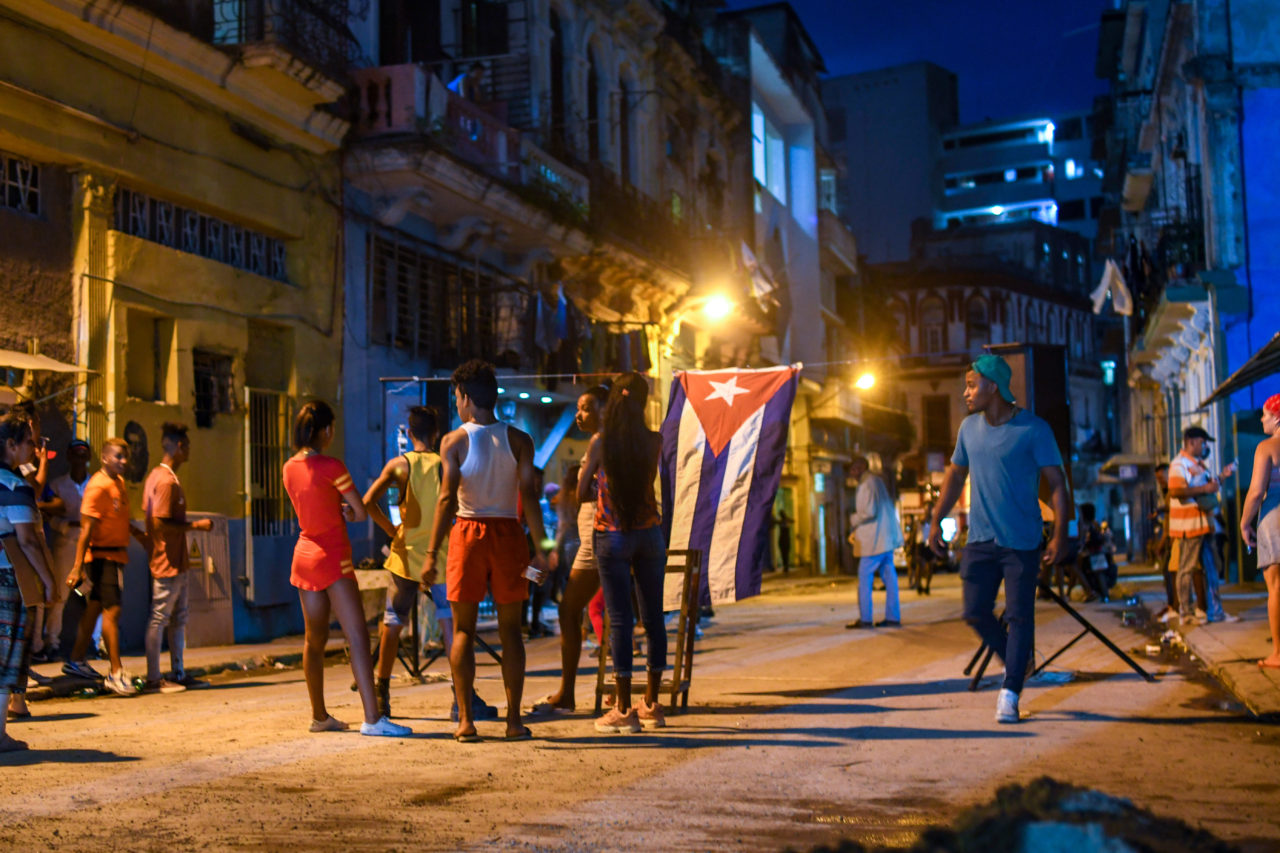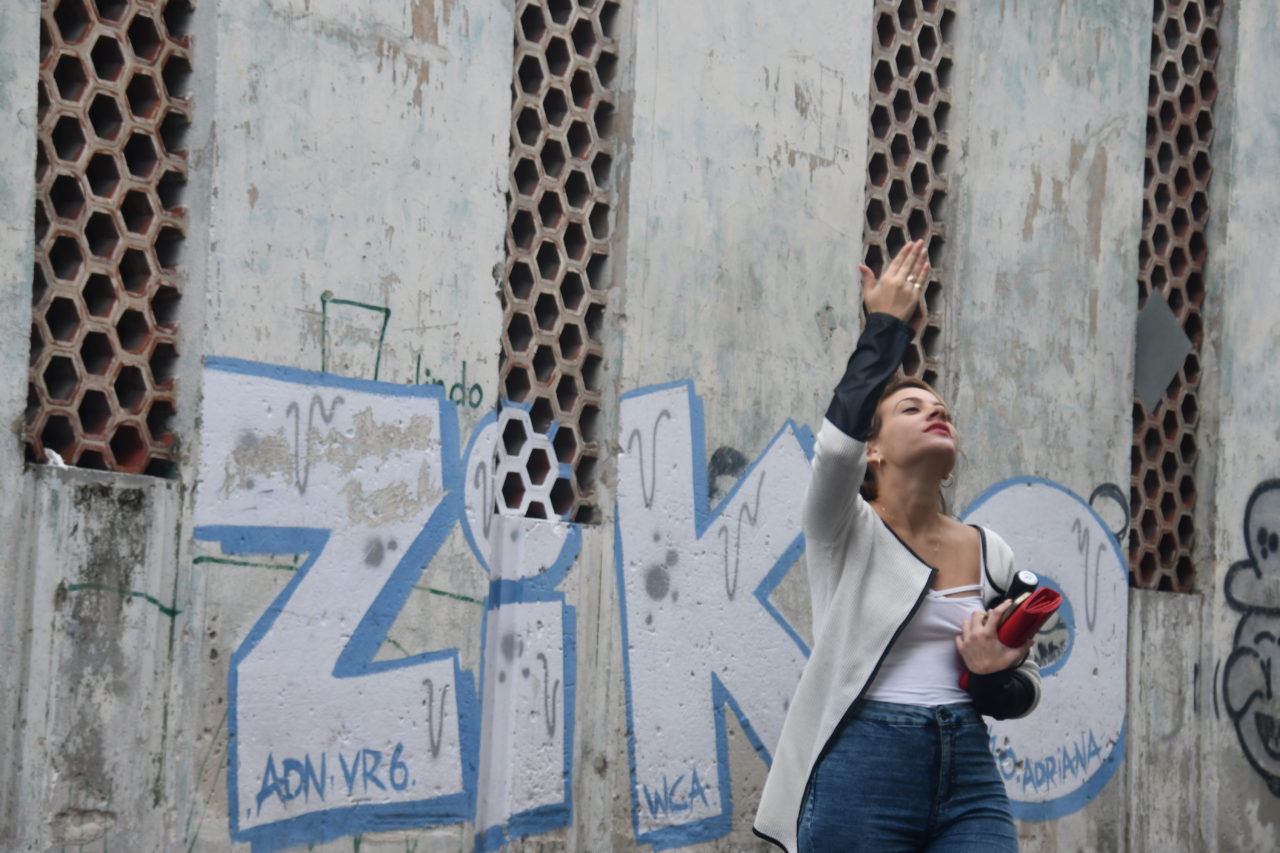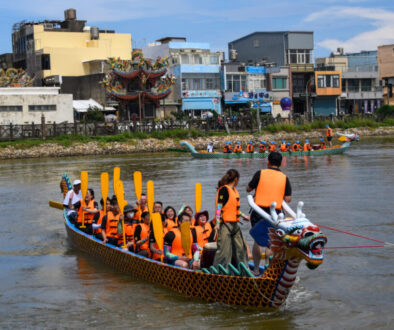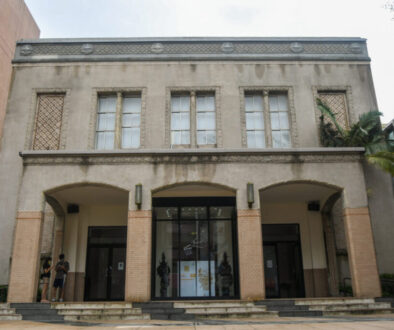Holiday in Havana – Cuba Travel Guide
On America’s Doorstep
No one can deny that our planet is gradually becoming smaller. Old rivalries and tense borders are slowly being broken down as each country embraces the global community. Whether it be the death of a leader or being seduced by economic opportunities, countries are opening themselves up to the world.
While more and more countries tear down walls and promote economic freedom, Cuba has yet to be accepted into the modern era. Despite the death of revolutionary leader Fidel Castro, the country has still largely clung to its Cold War politics. Thus, the United States has been hesitant to allow free trade and movement to their southern neighbors.
The notion of a bleak authoritarian regime still lurks in the minds of many Americans. The mere idea of traveling to Cuba can be met with disbelief and even hostility. Despite the media and antiquated ideas on Cuba, is it ethical or even feasible to travel to the island nation a mere 90 miles from the Floridan coast?
The Essentials
Countries such as Cuba has for the longest time been blacklisted by The West. It wasn’t until just recently that direct flights connected the two neighbors. Even though a flight from Miami or Fort Lauderdale to Havana may only cost a few hundred bucks, travel to Cuba is still technically prohibited by the United States. There is only a short list of reasons which travelers can declare when questioned about their intentions when traveling to Cuba. Most of your curious backpackers will fall under the category: Support of the Cuban People. The actual visa, on the other hand, will be bought from your airline and handed in once you arrive in Cuba.
You can read more about your Tourist Card/ Visa here!
The next thing you will have to tackle after arriving in Cuba is the currency. It is recommended to bring either Euros or Canadian Dollars when arriving in the country, US dollars are still prohibited. Your next step will be to exchange those dollars or euros to Cuban Convertible Pesos (CUC). The CUC is used as a tourist currency, which is the same rate as the US dollar. While this is widely used in touristy areas like Old Havana, if you are looking to go to the other side of the tracks and mix with the locals, you will need to again convert your CUC to the more commonly used Cuban Peso (Especially if you are looking to go to a baseball game). Unfortunately, travelers are unable to exchange their foreign currency directly into Pesos.
Need more information about Cuban currency? Click here!
Support of the Cuban People
On paper, it looks as if the United States is deadset on limiting travel to Cuba. The bottom line is that American tourists can travel to the bustling streets of Havana but under the flag of “Support of the Cuban People”. It has been stated that tourists will need to keep all receipts in order to prove that they only patronized at locally owned restaurants, not government establishments. This may prove to be difficult due to the fact that neither of these places give receipts to their customers, especially if they are family owned.
When traveling through Cuba it is best not to be hung up too much on if the places you eat are either locally or government owned. For most travelers, you will not be questioned on what you are doing in Cuba or where you ate. It is important and rewarding, however, to truly immerse yourself in Cuban culture, and no place is better to do that than at a family owned restaurant. One of the most quirky and homey restaurants by far is that of Tommy and his rooftop patio.
You can read more about Tommy’s here!
The Quest for Wifi
Either by design or a product of the sanctions, Cuba is one of the few nations on the planet that does not widely provide WIFI. Although smartphones have slowly made it to the country’s shores, the government still keeps a firm grip on the amount of communication made with the outside world. This does not mean that you can not stay connected, however. The most common way to get connected is through a prepaid card which can be purchased for either 1.5 USD for an hour or 7.5 for 5 hours.
These wifi cards can only be used at select places around the city, such as parks and hotels. When in a hotel you will be expected to make a purchase of a drink and will be pestered if you seem to be lingering too long. The cards also come with their fair share of issues. First off, if you purchase a 5-hour card and enter your unique log-in and the log-out before your session has expired, the access time is wasted. The most infuriating problem with the cards is that when left in your bag for too long the code will tear once scratched off, thus making the number unreadable and useless.
You can read more about WIFI in Cuba here!
The Fabled Cuban Cigars
You won’t be able to walk the streets of downtown Havana without being pestered a million times by shady characters asking if you want to buy some Cuban cigars. While you can buy a cigar nearly anywhere in Havana, the temptation to want to reach out and make friends with some of the locals may be overwhelming. While befriending locals should be the goal of any traveler looking to get truly immersed in Cuban culture, there are a few things to look out for to make sure you are not being hustled. The major red flag is when someone starts the conversation with, “You arrived on a very special day. Today is a holiday for cigars.” Once you hear these words come out of their mouth’s you should be briskly walking in the opposite direction.
Cubans are used to having everything in their lives rationed, this even includes cigars. Rather than smoking through a whole box every month, some Cubans elect to try and sell them to tourists in order to make some extra money. What you may have thought was a random friendship you made on the streets of Havana will prove to be nothing more than an elaborate ruse when you see the cigars displayed neatly in the houses of your “new friend”. There is nothing wrong with buying cigars from a local rather than a government-owned store. It is important to know you are buying the real deal rather than a knock-off and are not paying an outrageous price.
Looking for the best Cigars in Havana? Read the articles here and here!
Santeria: Voodoo in Cuba
One thing you will quickly realize on the streets of Havana is the number of people dressed head to toe in all white clothing. Everything from their shoes to their backpack will all be the same pure snow white color. What this represents is a growing religion in the Carribean called Santeria.
Santeria is the combination of Christianity and traditional Yoruba Religion, also commonly known as Voodoo. Santeria consists of a large pantheon of gods known as Orisha. Throughout Havana, you can find many shrines and temples devoted both to the spirits of Yoruba and the Virgin Mary. While in other places, such as the United States, the Yoruba revival outright refused to integrate Christianity into their religion, causing a divide amongst believers. In Cuba, however, the religion stands as a testament to the dreams of racial unity in the country.
Those looking to truly immerse themselves in Santeria culture be sure to go to Callejon de Hamel!
Youth Culture
Despite years of being cut off from the world and living in conditions which allow little room to improve one’s standard of living, Cubans are still the definition of what it means to live life to the fullest. Even with the country being isolated, youth culture is infectious and will topple any kind of barricade. On the streets of Havana, skateboarders, punks, and hipsters can literally be found on nearly every street corner. Even tattoo parlors are starting to pop up. The artists at La Marca, in particular, are developing quite a following, inking fellow Cubans and tourists alike.
It is impossible to separate Cuban culture and music. While you may be able to find some rumba in old Havana, to truly party like a Cuban you have to get out of the tourist centers. If you are lucky, you may even be able to come across a bloc party. With speakers erected in the middle of the street, afro-beats will reverberate throughout the city, attracting partygoers like a moth to a flame. If you are unable to come across one of these small street fiestas you can still go to the trendy Fabrica del Arta or the salsa club 1830!
Looking for the car culture in Havana? Click here!
I Left My Heart In Havana
As cliche as it may sound, Havana is a city that will truly steal your heart. Many people may grow weary or even hostile towards the people since there is always a “hustle” incorporated in their daily lives. After becoming good friends with a Cuban you may suddenly be bombarded with requests for money. As disheartening as this is can be, it is important to realize that life in Cuba is not easy and that many people have to hustle to survive.
If you are able to overcome these minor annoyances you can truly fall in love with Cuba. The friendships you make, the music, and architecture bearly scratches the surface of everything this island nation has to offer. Moreover, despite the warming of relations between the US, the Iron Curtain of the Cold War still shrouds Cuba. Traveling to Cuba reveals that other than the government, the people are very much kin to their American neighbors. The smiles and dreams of the Cubans brings the country a whole lot closer than ninety miles from the Florida coast.

